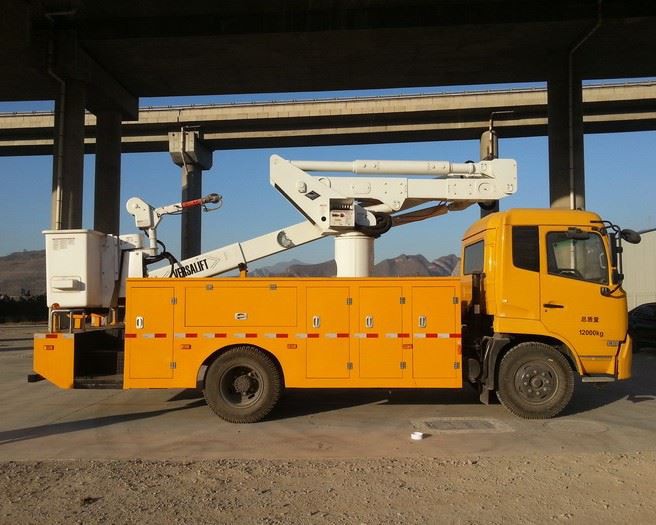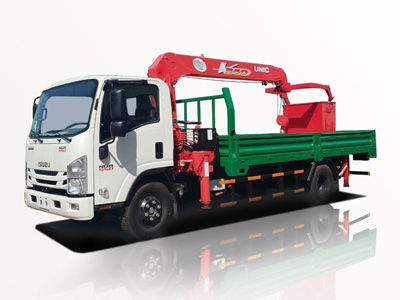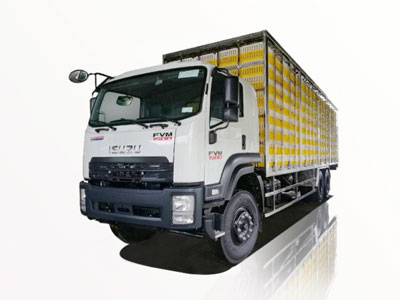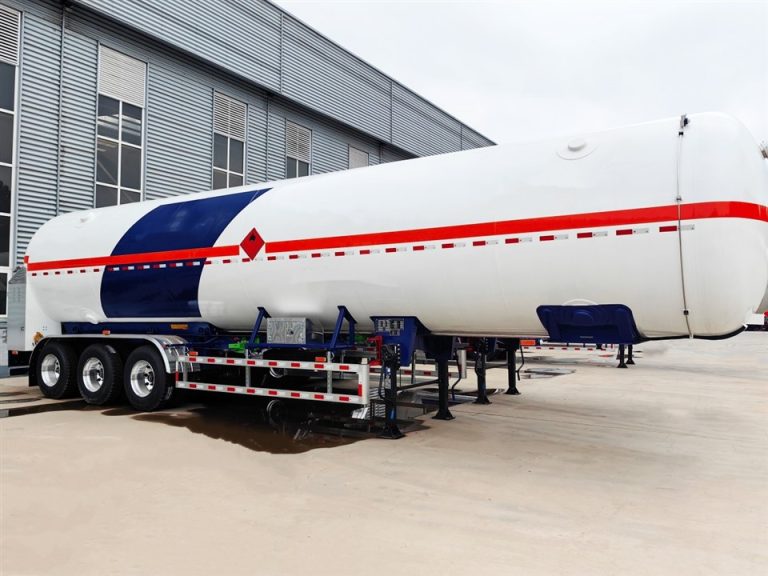Isuzu is a prominent name in the automotive industry, known for its reliable and durable vehicles. This article will explore the history, innovations, vehicle range, and future trends of the Isuzu car company. With a focus on its adaptability and resilience, Isuzu has established a unique niche in the global automotive landscape.
Table of Contents
- History of Isuzu
- Isuzu Vehicle Range
- Innovation and Technology
- Global Presence of Isuzu
- Sustainability Initiatives
- Building Consumer Trust
- Future Outlook for Isuzu
- Frequently Asked Questions
History of Isuzu
Isuzu car company was founded in 1916 and has a rich history of producing vehicles that cater to various market segments. Starting as a manufacturer of commercial vehicles, Isuzu quickly expanded its portfolio to include passenger vehicles.
Early Years
Isuzu’s early years were marked by partnerships and collaborations. It initially started as a subsidiary of Tokyo Gas and Electric Industrial Company, later becoming an independent entity. The first Isuzu vehicle was produced in 1918, setting the stage for future innovations.
Global Expansion
In the 1950s, Isuzu began exporting vehicles internationally. Its pickup trucks gained popularity, particularly in markets such as North America and Australia. This marked a significant turning point in the company’s history, allowing it to establish a global presence.
The Big Break: The Isuzu Trooper
Launched in 1981, the Isuzu Trooper was one of the first SUVs to enter the market and played a crucial role in the company’s growth. It became a household name and showcased Isuzu’s engineering capabilities.
Isuzu Vehicle Range
Isuzu offers a diverse range of vehicles, catering to various segments including commercial, passenger, and electric vehicles.
Passenger Vehicles
Isuzu’s passenger vehicles, though limited in the U.S. market, include models like the Isuzu D-Max and the Isuzu MU-X. These SUVs are known for their robustness, making them ideal for both urban and off-road environments.
Commercial Vehicles
The backbone of Isuzu’s offerings lies in its commercial vehicles. Isuzu trucks, buses, and vans are designed for durability and efficiency. For instance, the Isuzu NPR series of trucks is a popular choice among businesses for its reliability.
Comparison Table of Popular Isuzu Models
| Model | Type | Engine | Seating Capacity |
|---|---|---|---|
| Isuzu D-Max | SUV | 2.5L Turbo Diesel | 5 |
| Isuzu MU-X | SUV | 3.0L Turbo Diesel | 7 |
| Isuzu NPR | Truck | 4.5L V8 | 2-3 |
Innovation and Technology
Innovation has been a core aspect of Isuzu’s growth strategy. The company invests heavily in research and development to enhance vehicle performance, safety, and environmental sustainability.
Engine Technologies
Isuzu is renowned for its advanced diesel engine technologies, which are not only powerful but also fuel-efficient. The company has introduced several eco-friendly technologies, including common rail direct injection systems.
Safety Features
Isuzu vehicles come equipped with state-of-the-art safety features. These include advanced airbag systems, anti-lock braking systems (ABS), and electronic stability control (ESC), ensuring driver and passenger safety.
Smart Tech Integration
Recent models reflect Isuzu’s commitment to integrating smart technologies like navigation systems, blind-spot detection, and smartphone connectivity, making driving more convenient and safer.
Global Presence of Isuzu
Isuzu has established a robust global footprint, with manufacturing plants and sales networks across different continents.
Key Markets
In addition to Japan, key markets for Isuzu include Australia, Southeast Asia, and parts of Africa. These regions have shown an increasing demand for durable and reliable vehicles, aligning with Isuzu’s strengths.
Strategic Partnerships
Isuzu has formed strategic alliances with various companies to enhance its market presence. Collaborations with brands like General Motors have bolstered its capabilities in producing passenger vehicles.
Manufacturing Plants
Isuzu operates various manufacturing plants around the world, contributing to its local economies and enabling faster delivery of vehicles to markets. Key plants are located in Thailand, the Philippines, and the United States.
Sustainability Initiatives
As the automotive industry moves toward sustainability, Isuzu is at the forefront of adopting eco-friendly practices to reduce its carbon footprint.
Electric Vehicles (EVs)
Isuzu is gradually introducing electric vehicles into its lineup, focusing on producing eco-friendly models that comply with global emission standards. The Isuzu ELF EV, for instance, is designed for urban logistics with zero emissions.
Waste Reduction Programs
Isuzu has implemented various waste reduction initiatives in its manufacturing processes, aiming for sustainability while minimizing environmental impact.
Recycling Initiatives
The company actively participates in recycling programs, utilizing renewable materials and ensuring proper disposal of toxic substances, showcasing its commitment to environmental stewardship.
Building Consumer Trust
Consumer trust is vital for Isuzu’s success, and the company works diligently to ensure reliability and satisfaction through quality assurance programs.
Warranty Programs
Isuzu offers extensive warranty programs that reassure customers of vehicle durability. A standard warranty covers defects in materials or workmanship for a specified period or mileage.
Customer Feedback Mechanisms
Regular customer feedback is central to Isuzu’s operational strategies. The company utilizes surveys and forums to gather insights and improve vehicle features based on user experiences.
Community Engagement
Engaging with communities through sponsorships and events fosters loyalty and trust, making Isuzu a recognizable and respected brand in various markets.
Future Outlook for Isuzu
Looking ahead, Isuzu is poised to continue adapting to changing market dynamics and consumer preferences.
Focus on Electric Mobility
Electric mobility is a major focus for Isuzu, with plans to expand its EV lineup in the coming years. This commitment responds to global trends toward eco-friendliness and sustainability.
Technological Advancements
Continued investments in technology are essential for Isuzu to enhance vehicle performance and safety. The integration of autonomous driving technologies could be part of Isuzu’s future vision.
Market Adaptability
Isuzu is known for its adaptability in different markets, continuously seeking growth opportunities and responding to consumer needs through innovative solutions.
Frequently Asked Questions
What types of vehicles does Isuzu manufacture?
Isuzu manufactures a range of vehicles, including commercial trucks, buses, and SUV models. Its popular models include the Isuzu D-Max and MU-X.
Where are Isuzu vehicles manufactured?
Isuzu has manufacturing plants located in various countries, including Japan, Thailand, the Philippines, and the United States.
What is Isuzu’s approach to sustainability?
Isuzu is focused on sustainability through initiatives like electric vehicles, waste reduction programs, and recycling efforts to minimize environmental impact.
Does Isuzu offer warranties on its vehicles?
Yes, Isuzu provides warranty programs that cover defects in materials and workmanship for specified periods, ensuring customer trust in their durability.
Are Isuzu vehicles reliable for off-road driving?
Yes, Isuzu vehicles, particularly the D-Max and MU-X, are known for their robustness, making them suitable for off-road conditions.
What innovations has Isuzu introduced in its vehicles?
Isuzu has introduced several innovations, including advanced diesel engines, safety features like ABS and ESC, and smart tech integrations for enhanced driving experiences.



